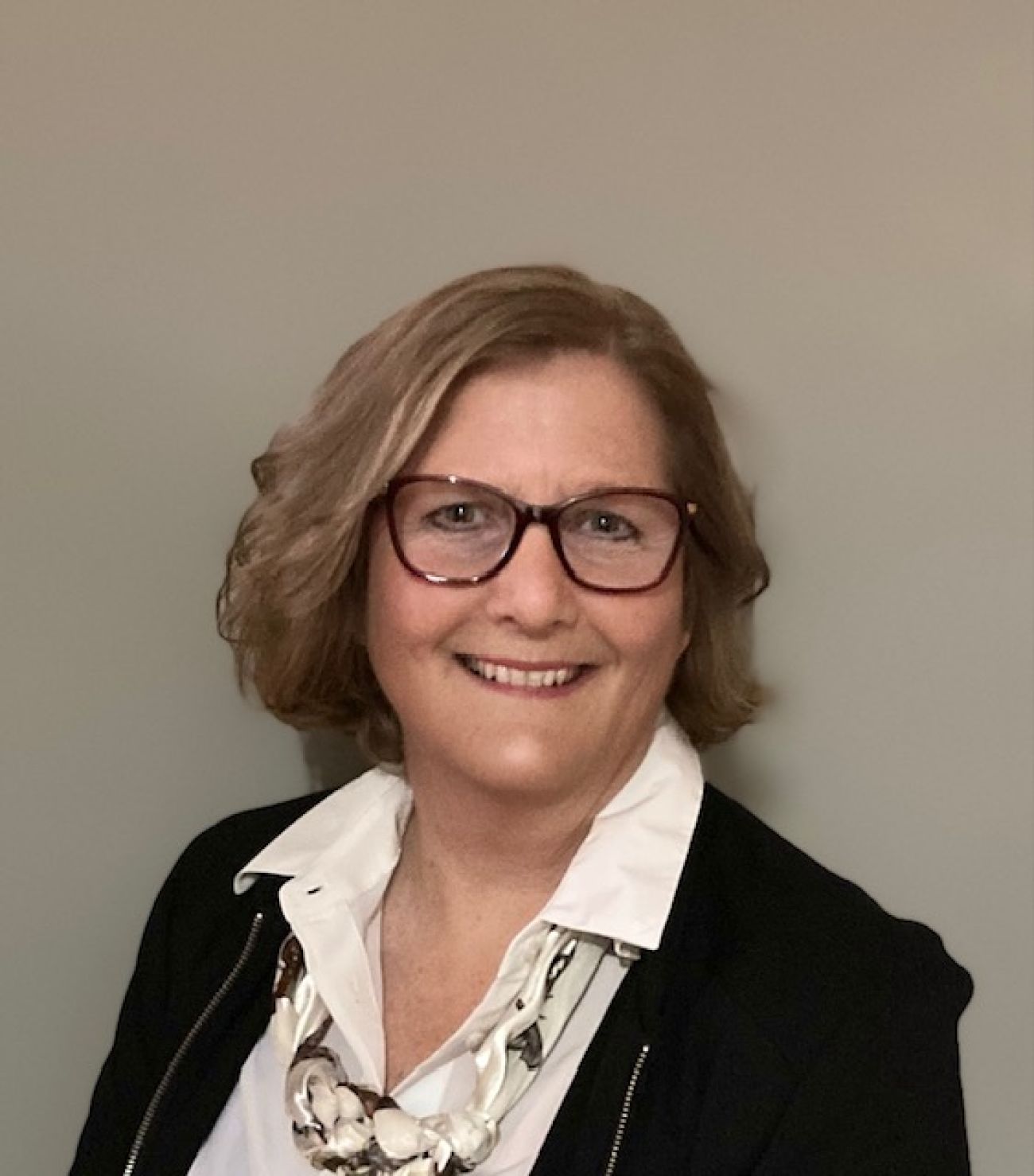Opinion | Clean-energy siting reforms bring return to good governance principles
In 2023, four of five members of Fremont Township’s Board were recalled. Why? Because they supported a renewable energy project in Sanilac County.
Michigan lawmakers passed reforms in the fall of 2023 giving landowners control over how and where clean energy projects get built on their properties. But, while the state still works to implement those reforms, skeptics are fighting to block clean energy at any cost, trampling the property rights of their neighbors and the fiscal health of their communities.

That’s what happened in Fremont Township, where local opposition to the Riverbend Wind Project, assisted by outside groups spreading misinformation, led to upheaval: The same appointed township planning commission that had drafted Fremont’s zoning ordinance for solar and wind developments just six years prior now worked to impede progress, while the township’s elected board was recalled for supporting the project and replaced by individuals focused on stopping Riverbend.
I was one of those recalled board members. The backlash to Riverbend ended my 19 years on the Township Board, most of those served as treasurer.
The story of Riverbend begins for me in 2012, when a company called ITC came to town installing new transmission lines across Fremont. We tasked the Planning Commission with developing an ordinance for wind and solar modeled after successful renewable projects to the north, empowering Fremont to build on our own terms.
Our foresight in passing the siting ordinance seemed to pay off in 2020, when Algonquin Power began approaching local landowners about the Riverbend Wind Project. Unlike the ITC lines, renewable energy projects do not get to claim eminent domain. Riverbend, like all such developments in Michigan, began with many voluntary agreements between the developer and landowners for the use of their land.
My priorities were in securing the rights of my neighbors to manage their land and secondarily in securing needed revenue for the township’s budget. I did meet with the developers, and we worked out a route for running transmission lines through my land. We received a small check for the rights, but the developers located the lines on a neighboring property.
In addition to the dollars paid to property owners, Riverbend would bring over $4 million of tax revenue directly into Fremont over four decades, with $301,000 in its first year of operations. Compare that to the $140,000 in tax revenue paid by property owners in 2022, and you start to appreciate the relative scale.
Balancing a rural community’s limited budget requires tough decisions about basic services. With a budget under $350,000, the township must cover wages and utilities, insurance payments, and maintenance for roads and bridges. One of our fastest-growing costs is for emergency services. Fremont has no fire department or ambulance of our own. We pay our neighbors to extend the services of their fire departments. In addition, Riverbend would bring $24 million in revenue for county services, which includes $8.5 million for schools and our county career center.
For a while, things went smoothly. In 2021, Algonquin requested the township update our ordinance to reflect newer turbine technology that enabled taller turbines than our original ordinance permitted, and both the Township Board and the planning commission approved the change unanimously. In September 2022, Algonquin submitted a detailed plan for the development and how it would comply with the township’s ordinance.
Then, things began to break down. The next step should have been to hold a public hearing to discuss the plan, but in the interim the planning commission had flipped its stance on Riverbend. Instead of scheduling a meeting, the Planning Commission stalled, asking for proprietary information, maintenance manuals, and manufacturing documents. Eventually, Algonquin took Fremont to court to force the public hearing.
At the September 2023 hearing, the planning commission denied Algonquin’s application. Algonquin appealed, but in November 2024, the Zoning Board of Appeals upheld the denial.
This ordeal shows how ripe the system is for abuse. What happened in Fremont is exactly the sort of mire the state was hoping to prevent when it passed siting reforms in November 2023, creating an alternative pathway for zoning applications through the Michigan Public Service Commission.
In the middle of all this, the Township Board was recalled and replaced.
The attitudes behind the opposition, ranging from entitlement to spite, have shocked me. The whole debate seems to have some convinced that their biases and desire for an unobstructed view outweigh sound science and their neighbors' rights to manage what is theirs.
Some have lost sight of what it means to live and work together. I am hopeful this siting reform might provide the critical first step back to fiscal responsibility and factual debate for our community.
At the end of the day, it is on all of us as Michiganders to decide what sort of governance we want.
See what new members are saying about why they donated to Bridge Michigan:
- “In order for this information to be accurate and unbiased it must be underwritten by its readers, not by special interests.” - Larry S.
- “Not many other media sources report on the topics Bridge does.” - Susan B.
- “Your journalism is outstanding and rare these days.” - Mark S.
If you want to ensure the future of nonpartisan, nonprofit Michigan journalism, please become a member today. You, too, will be asked why you donated and maybe we'll feature your quote next time!




